
Top 15 Digital Technologies in Manufacturing Industry
Based on the analysis of big data, the Institute for Statistical Studies and Economics of Knowledge (ISSEK) of the Higher School of Economics has identified the most significant digital technologies already used or introduced in the global and Russian manufacturing industry.

Scholars Gauged Energy Inequality among Eurasian Economic Union Member States
Russia has the lowest energy efficiency, while Armenia leads for renewable energy development

‘If We Can’t Prevent the Robot Invasion, We Should Lead It’
The induction of the MuseNet deep neural network into the Russian Union of Composers in April 2021 has interesting implications—will artificial intelligence edge live performers out of their profession? Evgenia Evpak, composer, teacher at the HSE Faculty of Communications, Media, and Design and graduate of the HSE ISSEK Master’s programme in Governance of Science, Technology and Innovation, believes that humans still have a future in the music industry.
9,500 Foreign Doctoral Students Studied in Russia
In 2014-2020, the number of international doctoral students increased from 5,500 to 9,500 and their share grew from 4.6 to 10.8%, according to Rosstat data analyzed by HSE ISSEK. In 2020, the largest number of students came from China (2204 students) and Kazakhstan (1194 students). The share of doctoral students from the CIS countries did not exceed 30.5% for the first time during the period under review.
110 Countries Will Not Be Able to Get Back to the Pre-Crisis Per Capita Income
The Centre for Business Tendencies Studies at the Institute for Statistical Studies and Economics of Knowledge presented a review of COVID crisis impact on the world economy based on the dynamics of new business indicators, the Global Economic Barometers.
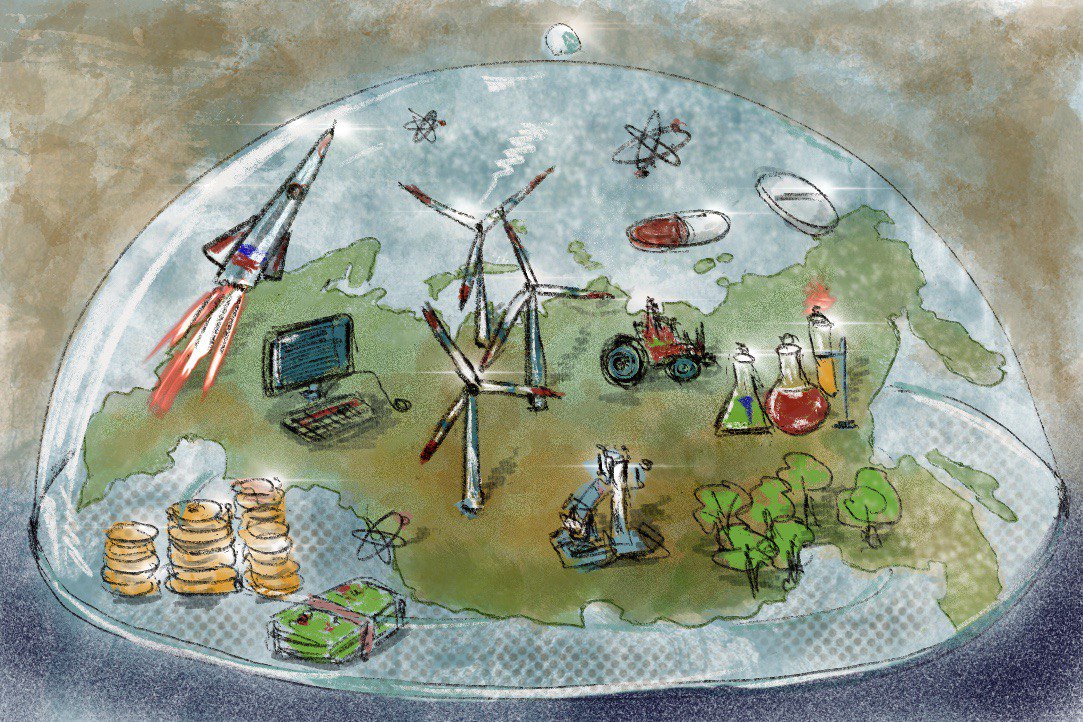
Race Against Time: Russia’s Path to Sustainable Development and the Role of Science and Technology
UNESCO has released its seventh official Science Report. The document is published every five years*. This Science Report’s title, ‘The Race Against Time for Smarter Development’, reflects the trajectory of global transformation stipulated by the United Nations in its 17 Sustainable Development Goals (SDGs) to be achieved by 2030, from ending poverty to protecting the planet’s natural resources. The authors of the Report describe how science contributes to these goals, analyze global scientific trends, and present 23 detailed regional and national cases. Below, IQ.HSE examines the objectives Russian science is pursuing in the context of the SDGs and what efforts it is taking to achieve them. This article is based on the Russian chapter of the Report prepared by Leonid Gokhberg, First Vice Rector, Director of the Institute for Statistical Studies and Economics of Knowledge (ISSEK) of HSE University, and Tatiana Kuznetsova, Academic Supervisor of the Centre for Science, Technology, Innovation and Information Policy at ISSEK, HSE University.
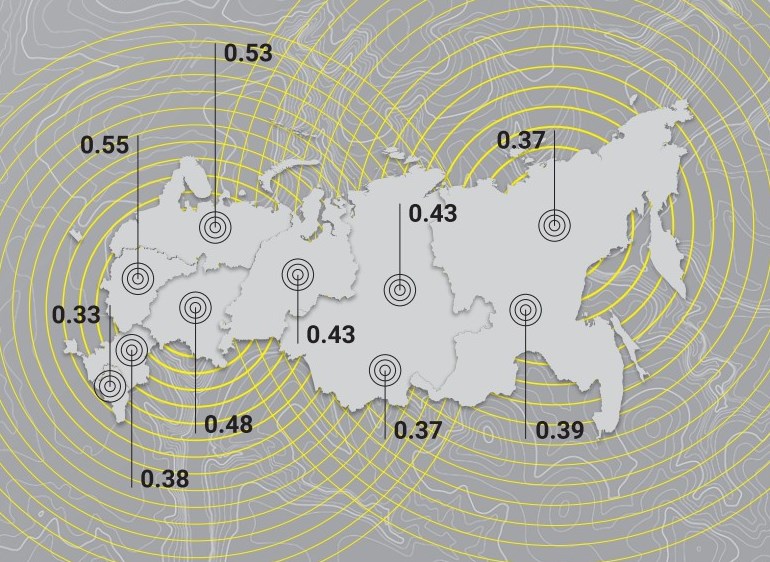
HSE University Publishes Seventh Issue of Russian Regional Innovation Scoreboard
Moscow has kept its leading position on the Russian Innovational Scoreboard. The city demonstrates the highest level of economic, educational, and digital development. Second place goes to Saint Petersburg, and third place goes to the Republic of Tatarstan. The leaders also include the Tomsk Region, the Nizhny Novgorod Region, and the Moscow Region. These are the main results of the seventh issue of the Russian Innovational Scoreboard prepared by the Institute for Statistical Studies and Economics of Knowledge (ISSEK), HSE University.
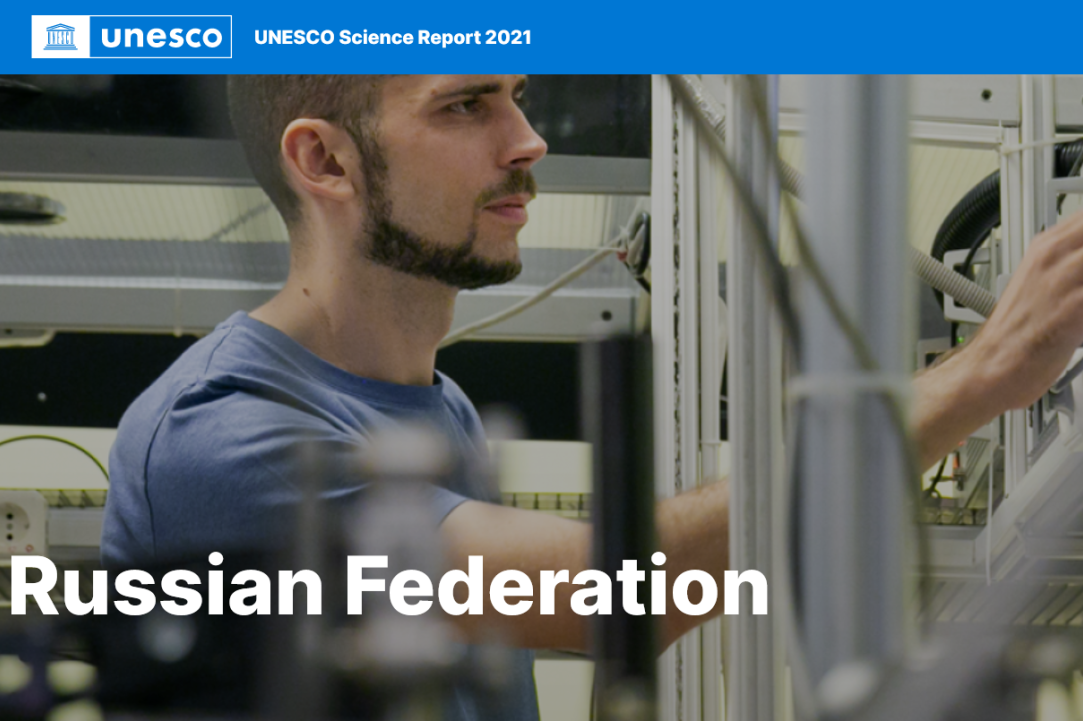
HSE University First Vice Rector Co-Authors 2021 UNESCO Science Report
On Friday, June 11, UNESCO held a ceremony to launch its new UNESCO Science Report, which arrives at a crucial moment as countries reach the halfway mark of meeting the UN’s Sustainable Development Goals by 2030. The Report shows that, over the past five years, countries of all income levels have begun efforts to transition to economies that are both digital and green. At the ceremony, six of the Report’s authors provided overviews of trends in their regions. Representing the East European region was Professor Leonid Gokhberg, First Vice Rector of the HSE University and Director of the HSE Institute for Statistical Studies and Economics of Knowledge (ISSEK).
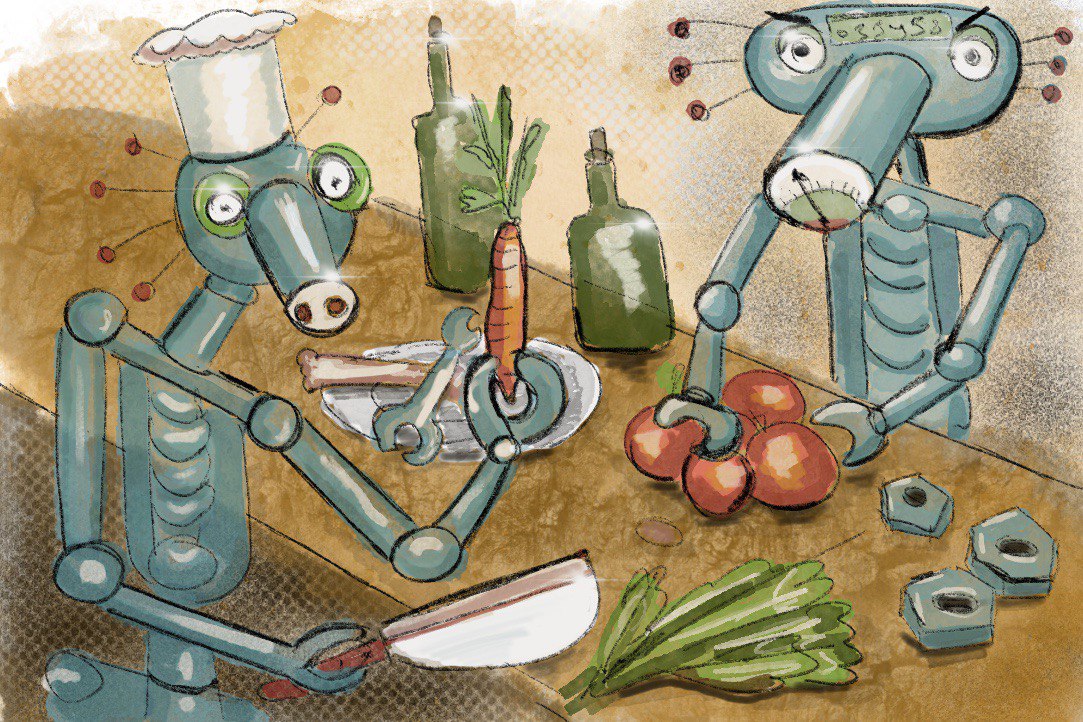
Digital Transformation
The dazzling evolution of digital technologies is changing the face of the economy and the social sphere. Some Russian sectors — such as the manufacturing industry and financial services — are well-aligned with the global trend, while some others are lagging behind, thereby creating risks for the country's economy. A team of HSE ISSEK researchers examined current approaches to measuring digital transformation and focused specifically on its uptake by a few key sectors of the Russian economy and services, benchmarking them against the global situation. The study findings were presented in the report 'Digital Transformation of Industries: Starting Conditions and Priorities' at the XXII April International Academic Conference co-organised by HSE University and Sberbank.
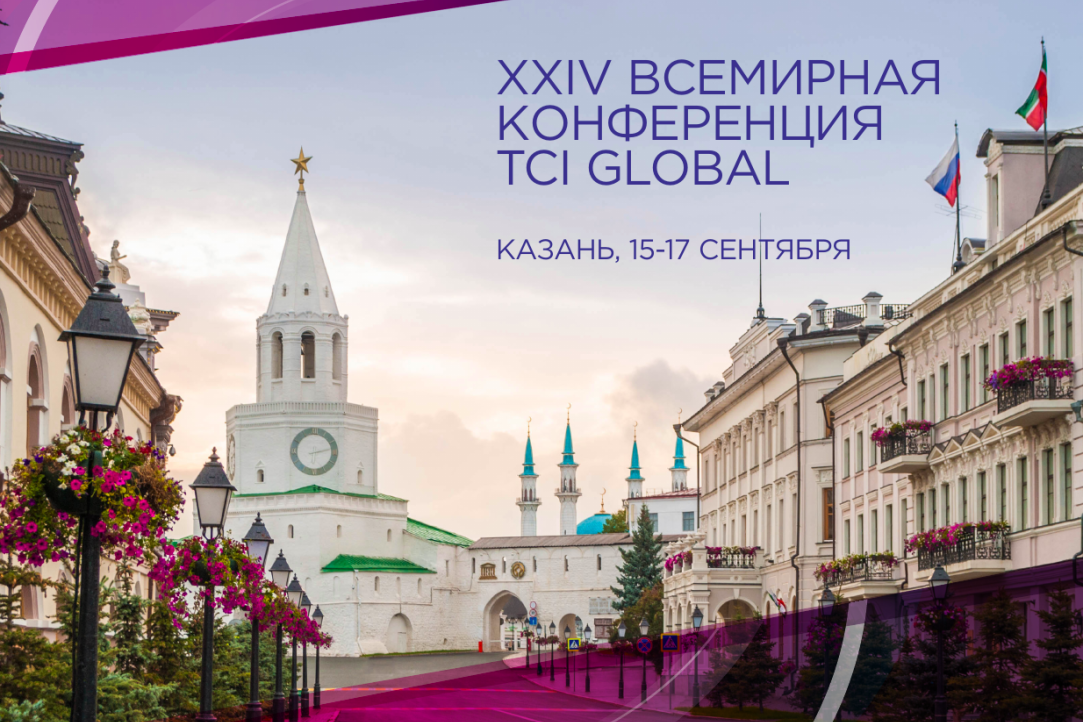
Regional Competitiveness Practices to Be Discussed at the TCI Global Conference 2021
On September 15-17, 2021, Kazan will host the 24th TCI Global Conference, one of the main international events in the field of regional competitiveness and cluster development. The conference will be held in cooperation with HSE University.
